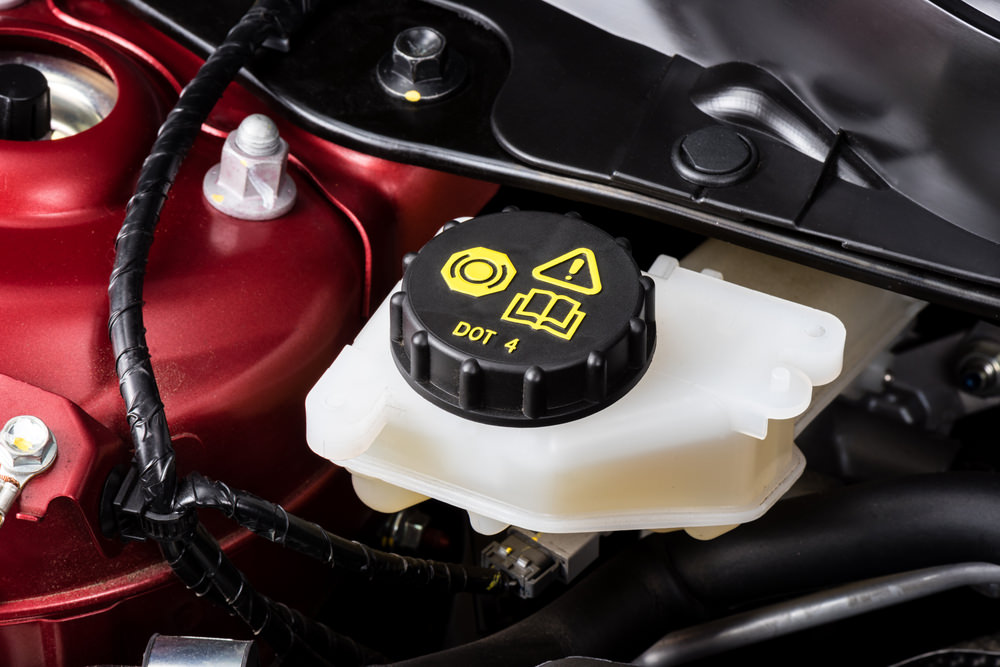Your car is a marvel of engineering, yet, its complex systems rely on simple principles. At their core, various fluids keep everything moving. Think of these liquids as your vehicle’s blood. They lubricate, cool, clean, and transmit power. Neglecting them is like ignoring your own health. Regular fluid checks are not just a good idea. They are absolutely essential for a smooth-running, reliable vehicle. They prevent small issues from becoming major headaches.
Why Every Drop Matters
Each fluid in your car serves a vital purpose. They work tirelessly, often under extreme conditions. Especially in places like Las Vegas, high temperatures put extra stress on these liquids. Over time, fluids degrade and they absorb contaminants. Also, their protective properties diminish. This breakdown directly impacts your car’s performance and longevity.
- Lubrication: Fluids reduce friction between moving parts. This prevents wear and tear.
- Cooling: They carry heat away from critical components. This stops overheating.
- Cleaning: Some fluids contain detergents. They keep systems free of sludge and deposits.
- Power Transfer: Hydraulic fluids transmit force. They enable braking and steering.
Understanding their roles highlights the importance of consistent monitoring.
Essential Fluid Checks to Master
You do not need to be a mechanic to perform basic fluid checks. Most are simple, quick tasks. Your owner’s manual provides exact locations and specifications. Here are the key fluids you must check:
- Engine Oil: This is perhaps the most crucial fluid that lubricates engine parts and reduces friction. Check your oil level regularly and do this when the engine is cold. The dipstick shows the level. Change oil and filter as per your manufacturer’s schedule. Dirty oil destroys engines.
- Engine Coolant (Antifreeze): This liquid keeps your engine at its optimal temperature. It prevents both overheating and freezing. Check its level in the reservoir. Do this when the engine is cool. Never open a hot radiator cap. Low coolant leads to rapid overheating. This is vital in hot climates.
- Brake Fluid: This transmits force from your pedal to the brakes. It is a hydraulic fluid. Check its level in the clear reservoir. Ensure it stays between the “min” and “max” lines. Low brake fluid means a problem. It might indicate worn brake pads or a leak. This directly impacts your stopping power.
- Transmission Fluid: This lubricates gears and helps with shifting. Automatic transmissions have a dipstick. Check it with the engine running and warm. Manual transmissions usually require professional checks. Low fluid causes rough shifting. It leads to expensive transmission damage.
- Power Steering Fluid: This fluid helps you steer easily. Check its level in the reservoir. Do this when the engine is cold. Low fluid makes steering difficult. It can also damage the power steering pump.
- Windshield Washer Fluid: While not mechanical, this fluid ensures clear visibility. Top it off regularly. You’ll need it for dust and grime. Especially when driving through desert areas.
The Benefits of Regular Fluid Vigilance
Incorporating routine fluid checks into your car care routine pays off handsomely. It prevents problems before they start. This proactive approach saves you money and stress.
- Extended Vehicle Lifespan: Proper lubrication and cooling keep components healthy. Your car lasts longer.
- Improved Performance: Correct fluid levels ensure smooth engine operation. They provide efficient braking and responsive steering.
- Enhanced Safety: Critical systems like brakes and steering function correctly. This reduces accident risks.
- Reduced Repair Costs: Catching low fluid levels early prevents major damage. A top-off is cheaper than a new engine.
- Better Fuel Efficiency: Well-maintained systems operate more efficiently. Your car consumes less fuel.
Making fluid checks a habit ensures your car remains a reliable partner. It allows you to enjoy worry-free driving for years to come.



